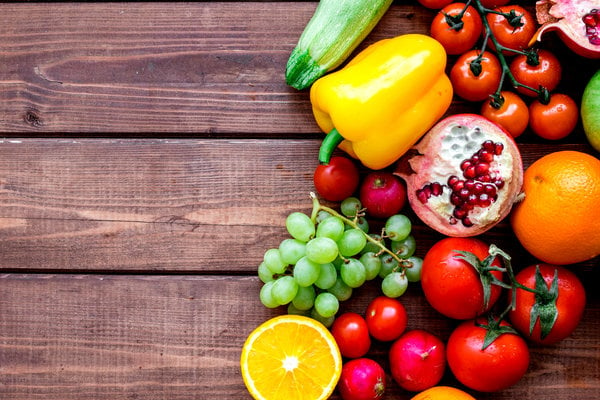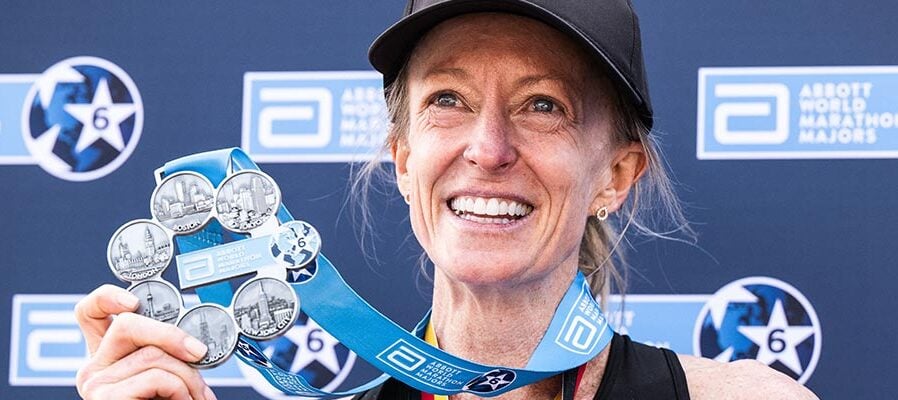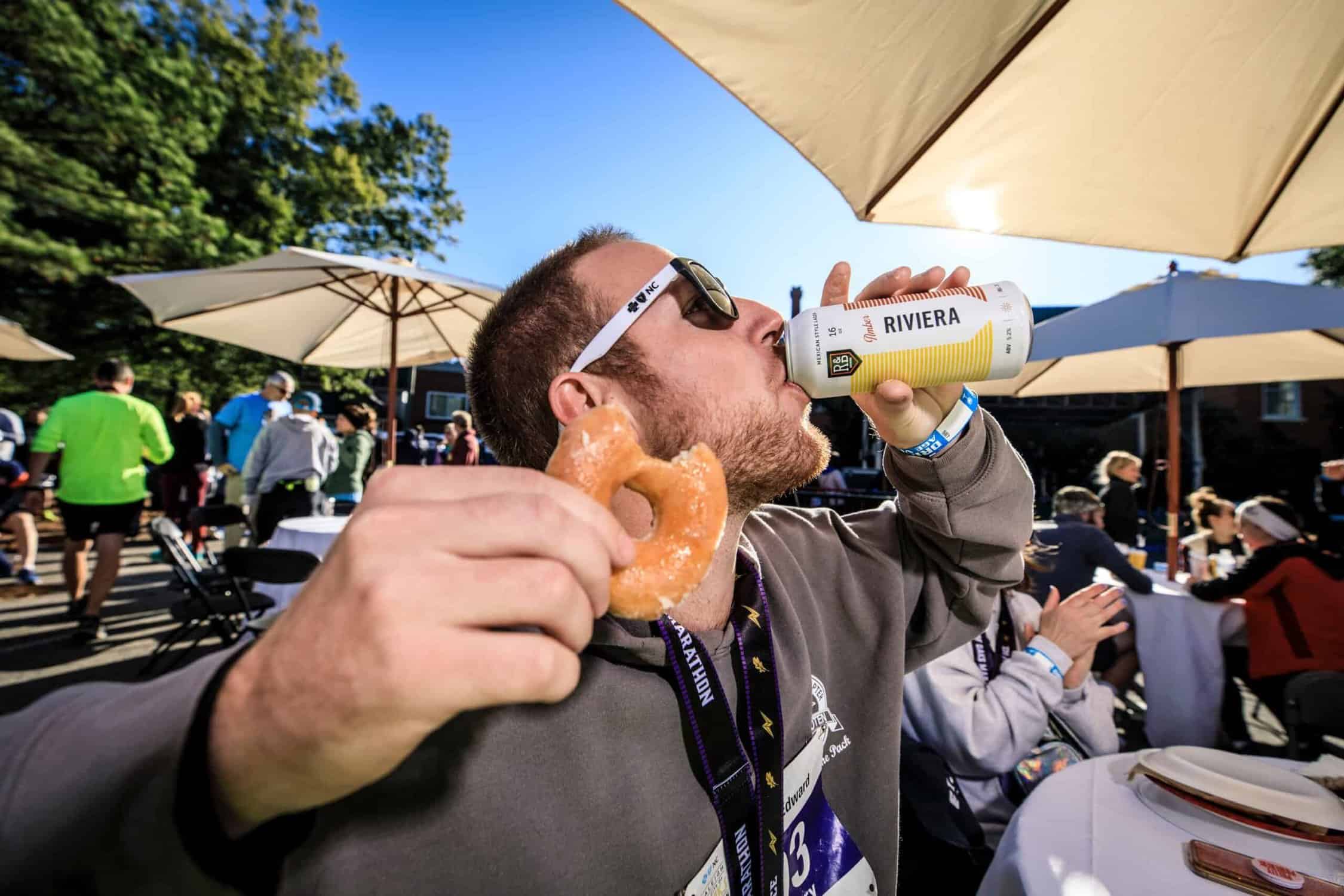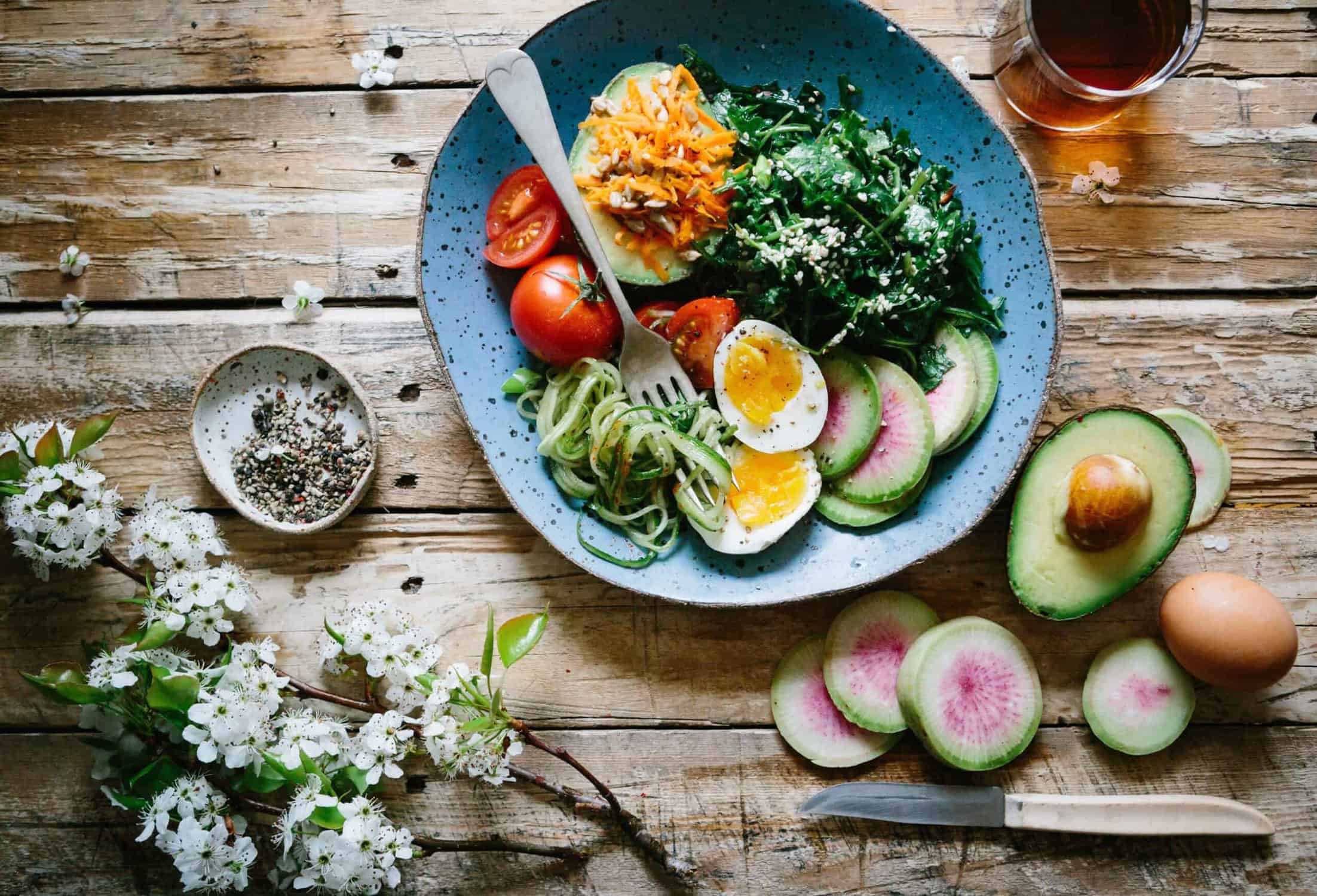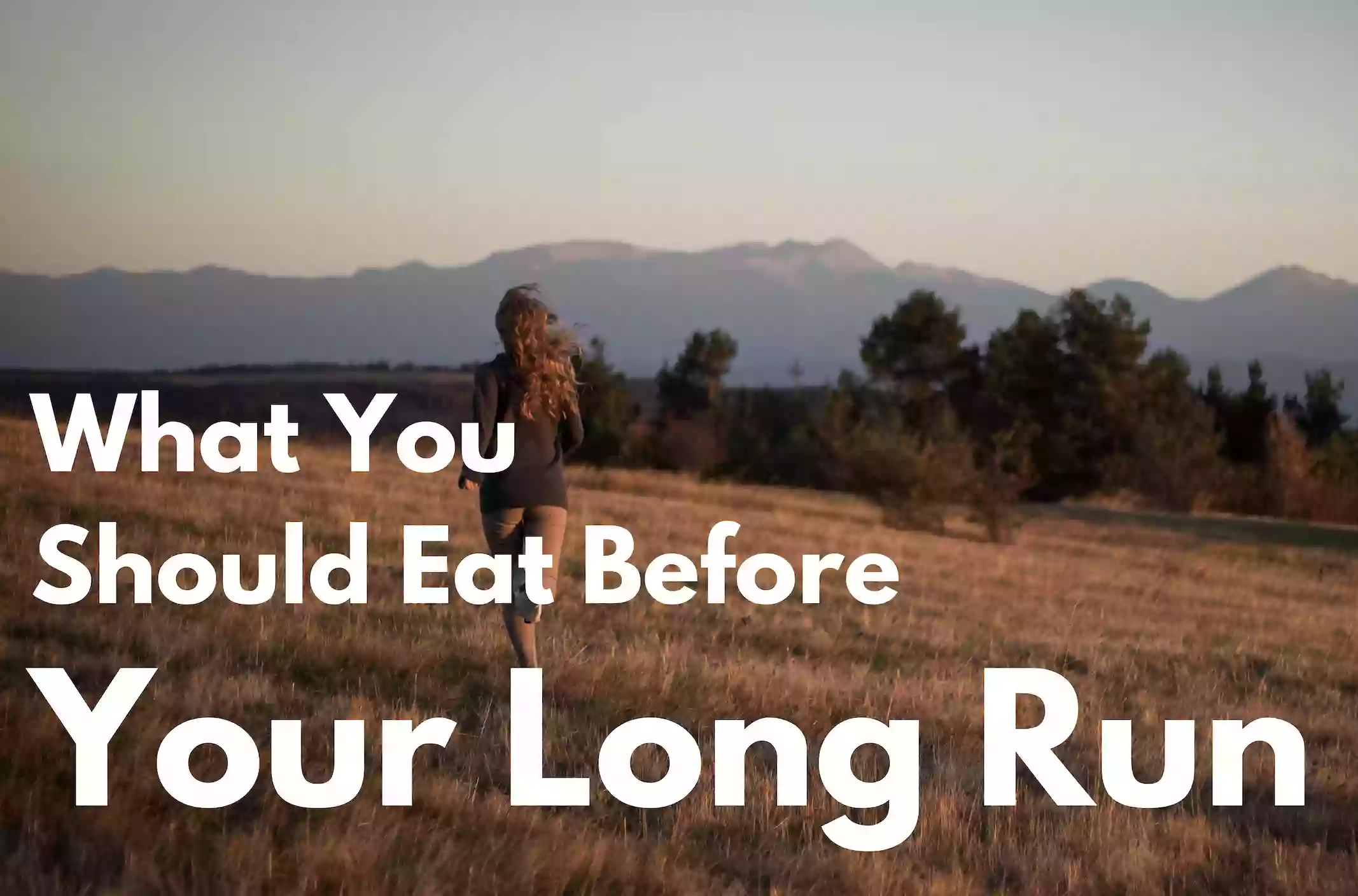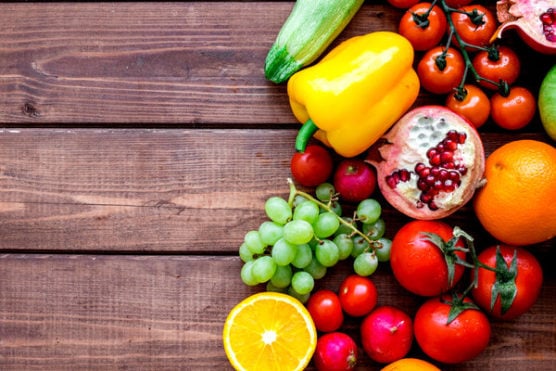
Like many runners, running miles isn’t always the most difficult, though who doesn’t lack motivation now and again: I often find fueling and planning nutrition to be one of the most challenging components of running.
It’s always important to keep in mind, each person, athlete, and runner is different. We all have different body types, metabolism, and are training for different things. Just like running shoes or gear, what works for me, might not work for you. Finding the “perfect” diet for a runner is a highly personalized journey.
For some runners, specific diets would work great while others may have GI problems or not be able to absorb certain nutrients.
There are a few crucial components of creating your own personal running diet:
- Eat foods you like. If you cringe while eating certain foods, it’s not worth it.
- Get enough calories. When you are actively training for a race, you don’t want to be dieting for weight-loss. It’s tough to train well, hit paces, and compete while still trying to lose weight. The off-season is the time to diet.
- Eat within 30 minutes of a workout. A practice I’ve recently started: I feel as though I recover much faster.
- Follow the 80/20 rule. The 80 rule is simply eating well, 80% of the time and enjoying yourself the other 20%! You don’t have to follow a strict schedule, and it’s okay to indulge after a hard race or workout. Did you know I love cake and if I had to choose between never eating cake or not running…Well, no promises there.
So what and how can you eat to improve your running?
First, eat the best around your runs
Eat well most of the time, but eat the best before, during, and after your workouts. Before a run, fuel your body with a nutrient-dense breakfast.
It doesn’t have to be solid based and liquids work as well. Lastly, somewhere 0 – 30 minutes after, make sure to get a protein source. This will help you recover faster.
Second, find what works for you — but also what you like
Many runners believe they must eat what everyone else eats despite not liking the food.
- If you don’t want seafood, find a different source of protein.
- If you don’t like peanut butter, find a different source of healthy fats.
- Life is short and if you aren’t enjoying what you are eating, eating healthy is not sustainable.
Eating foods you hate, usually works for a week or two, but it can’t be sustained. Often-times, a person ends up going back to eating unhealthy again.
Third, be prepared
Like anything in life, the more prepared you are, the easier it is. Let’s be honest that it’s a lot easier to order takeout than to cook for an hour. If you are able to prepare and cook beforehand, you’ll be much better off. Planning is vital for a lot of things including eating well!
But for me, simple, easy and quick meals allowed me to stay focused on training while eating well, and it will probably help you too!
No quick fix, diet, or magic food will make you run faster. Like all components of running, it’s personalized: It’s important to experiment and find what works best for you.
Finally, don’t overthink it
Food is fuel, and it’s just that easy. Sure, some foods are more delicious fuel, but at the end of the day, it’s fuel. If you keep your nutrition simple, it keeps the guesswork and stress out of it.
There is no fast or quick fix, and it’s important to eat consistently well. One good or bad day won’t ruin a diet and there isn’t a secret or magic diet to make you faster.
Hollie Sick is an avid runner who’s completed more than 40 half marathons. Read her blog, or follow her on Facebook.

